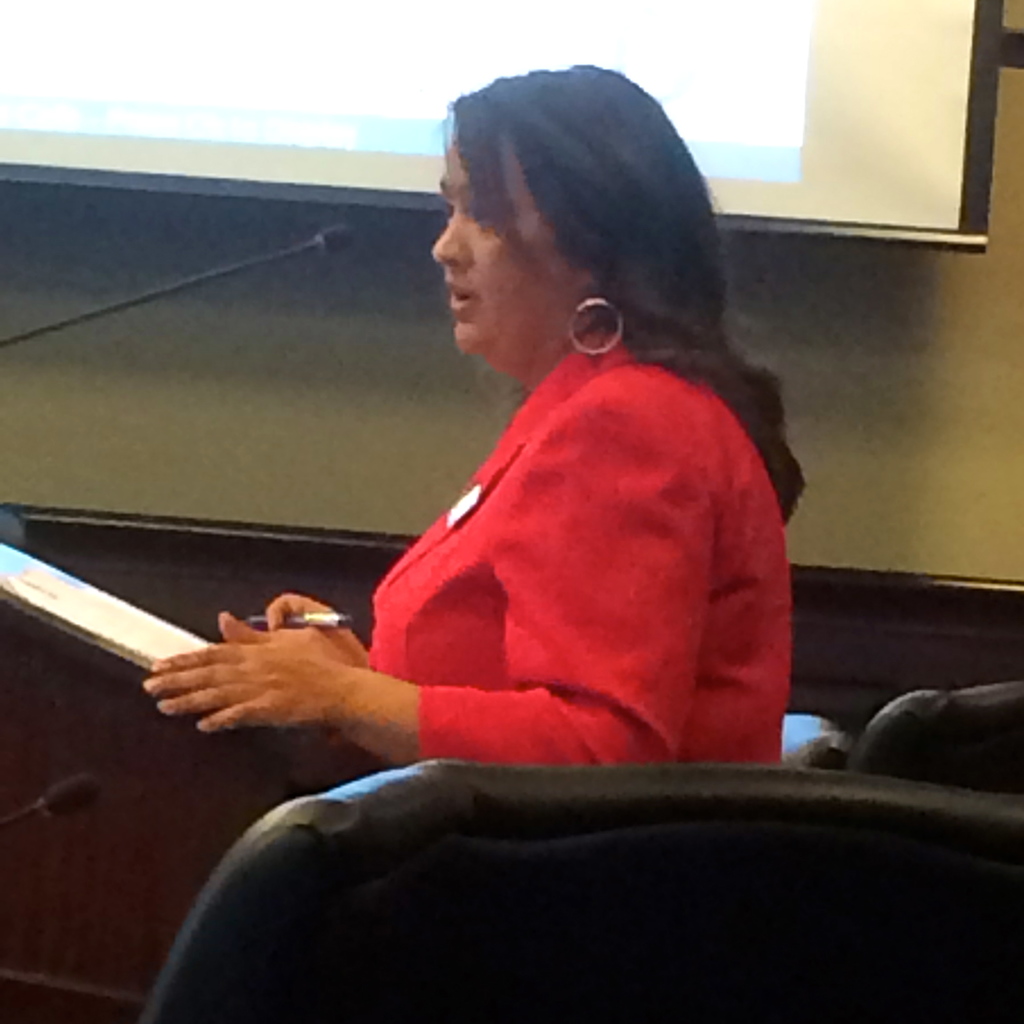As the 2014 Legislature heads into its final weeks, two school technology budget battles are looming. Either, or both, could be hiccups on the Legislature’s path to adjournment — and legislators’ path to the 2014 election season.
More importantly, the outcome could affect how Internet access is delivered to Idaho schools — and who gets the job of providing the service.
They’re two complicated, fast-moving issues. So let’s reboot and catch up on the story so far.
Two big contracts

Idaho Education Network. This contract, awarded in 2009, has brought broadband technology into the state’s high schools, and now serves upwards of 90,000 students. Gov. Butch Otter says the network has “proved its worth,” and no one at the Statehouse seems to be disputing the need for broadband in the schools.
But the project is embroiled in controversy. The 2009 contract remains under appeal in District Court. As a result, a Federal Communications Commission contractor is conducting an independent review of the pact. Since March, the feds have withheld funding for the network: “e-rate” funds, from cell phone and landline bills, that comprise about 75 percent of the network budget.
WiFi. In July, the State Department of Education awarded a multimillion dollar contract to install wireless technology. If all goes according to schedule, 175 schools will have state-provided WiFi by mid-March.
Here again, the contract is at the heart of the controversy. Lawmakers said they were blindsided by the deal, which could run 15 years and cost more than $33 million. And contract funding is done on a year-to-year basis, so it’s up to the 2014 Legislature to fund year two of the deal.
Six key players
Sen. John Goedde. The chairman of the Senate Education Committee is a well-positioned critic of the multiyear WiFi contract. This week, he said he will push to dump this contract, and give school districts the money and the latitude to cut their own deals.

Sen. Dean Cameron. As JFAC’s co-chairman, every state agency budget has his fingerprints. He has been reluctant to rush into replacing the Idaho Education Network “e-rate” dollars that remain in limbo. He also has been publicly skeptical about the WiFi contract — and on Thursday, he said he’s leaning towards Goedde’s side in the debate over WiFi.
Otter. All budget bills eventually land on his desk, so he gets the last word. He has been uncharacteristically public in his push for Idaho Education Network funding, backing up his administrative team with a news release advocating the spending stopgap. He isn’t tipping his hand on the WiFi issue.
Superintendent Tom Luna. He raised the ire of legislators by signing the WiFi contract. He has continued to defend the need for a statewide contract to “implement and support” wireless, a long-term undertaking. Luna is retiring at year’s end; if push comes to shove on the WiFi issue, how much sway will he have over lawmakers?

Teresa Luna. The head of the state’s Administration Department, and Tom Luna’s sister, has been at the center of the broadband controversy. She infuriated Cameron and JFAC colleagues on Jan. 30, when she broke the news about the delayed “e-rate” payments. Lawmakers got one more surprise from her department this week, with the news that the state had quietly extended the Idaho Education Network contract through 2019 — a year ahead of schedule.
Education Networks of America. This company holds both the Idaho Education Network and the WiFi contracts.
While based in Nashville, Tenn., ENA’s Idaho political impact is considerable. For the 2010 and 2012 elections, the company contributed $38,750 to dozens of Idaho candidates; recipients included Otter, Tom Luna, Goedde and Cameron, among others. But the company has been quiet throughout the recent contract controversies — although Cameron has said the company has threatened to yank broadband if the Idaho Education Network doesn’t get additional funding.
And five bottom line figures
$6.6 million. That’s how much JFAC wants to put into the Idaho Education Network for the rest of 2013-14. It’s not the full $7.15 million Otter requested, but he supports the measure. The spending bill is on the House’s second reading calendar.

$7.3 million. Otter’s request to keep the Idaho Education Network whole for 2014-15. Budget-writers are balking at that request.
$1,096,700. That’s how much Otter and the Administration Department have requested to begin Idaho Education Network expansion into the middle school and grade schools. Will lawmakers want to expand the program, given the questions about the existing contract?
More than $13 million. That’s how much the state has received in “e-rate” payments for the Idaho Education Network. And if the Idaho Education Network contract is voided, the state could be on the hook for repayment.
$2.25 million. That’s how much Otter and Tom Luna want for the WiFi contract in 2014-15. Goedde isn’t disputing the figure. Instead, he would rather see the money go to districts for their own WiFi projects.
